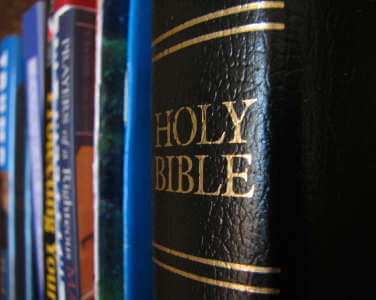
In a preface to the new Bible, Miles Smith, one of the translators and a man so impatient that he once walked out of a boring sermon and went to the pub, wrote that anything new inevitably “endured many a storm of gainsaying, or opposition.”
So there must have been disputes — shouting; table pounding; high-ruffed, black-gowned clergymen folding their arms and stomping out of the room — but there is no record of them. And the finished text shows none of the PowerPoint insipidness we associate with committee-speak or with later group translations like the 1961 New English Bible, which T.S. Eliot said did not even rise to “dignified mediocrity.” Far from bland, the King James Bible is one of the great masterpieces of English prose.
The issue of how, or even whether, to translate sacred texts was a fraught one in those days, often with political as well as religious overtones, and it still is. The Roman Catholic Church, for instance, recently decided to retranslate the missal used at Mass to make it more formal and less conversational.
Critics have complained that the new text is awkward and archaic, while its defenders (some of whom probably still prefer the Mass in Latin) insist that’s just the point — that language a little out of the ordinary is more devotional and inspiring. No one would ever say that the King James Bible is an easy read. And yet its very oddness is part of its power.
Read the rest of this story in the New York Times.












